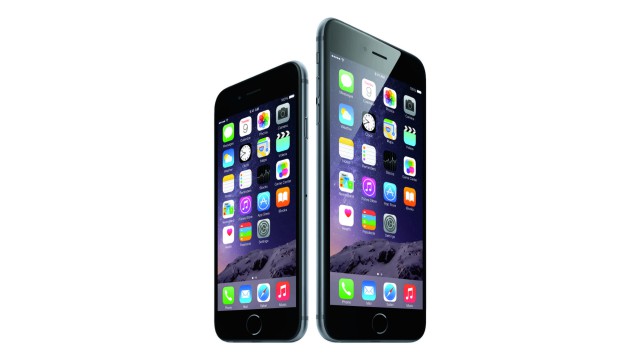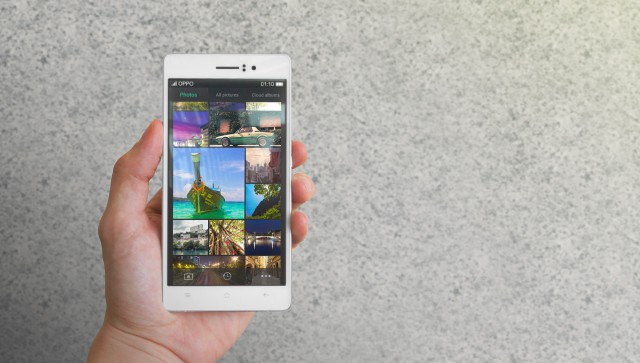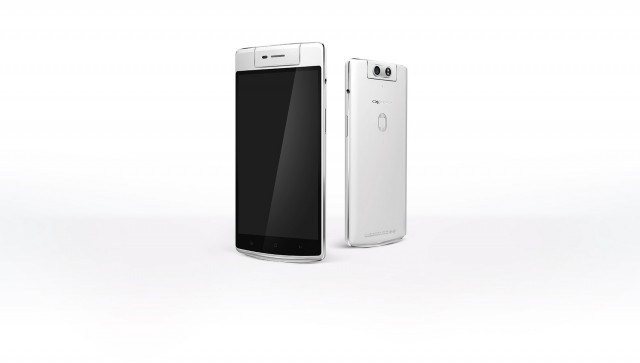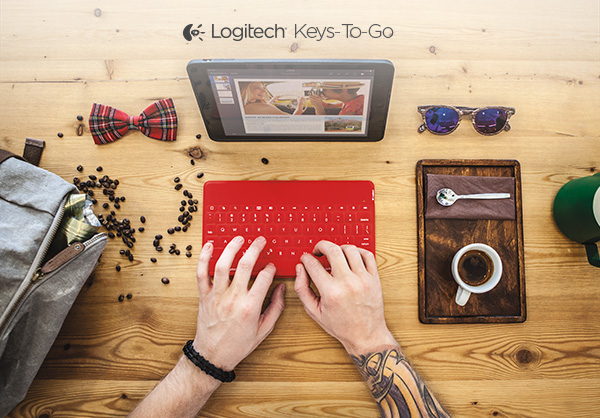
The lines between business and personal mobile use are blurring as the way consumers use their devices becomes increasingly diverse. This is leading mobile users everywhere toward an always-connected existence, dominated by mobile devices, and where brands must work even harder to meet their visitors' needs.
With this in mind, Netbiscuits recently conducted a survey of more than 6,000 consumers from six countries, asking them for their insights and thoughts around mobile web usage and behavior. Here, Netbiscuits CEO Daniel Weisbeck recaps the top ten findings from the UK, US, Germany, China, India and Brazil.
Work to do for Apple Pay and the mobile payments revolution
While we expect Apple to drive mobile payments through their ecosystem, currently 48 percent of global survey respondents said that they had never heard of NFC, rising to as high as 69 percent in the UK.
Brand loyalty is dying on the mobile web
The surge of online, particularly mobile, has opened up consumer choice to such a point that is has rendered brand loyalty a virtually redundant concept. In fact, 91 percent of consumers will turn to a rival brand if a mobile site is inadequate. Many will never return.
This trend was particularly prevalent amongst the 18-34 generation, with the older age ranges displaying more patience and loyalty. So, as the next generation emerge, what will become of brand loyalty?
Report says 96 percent of consumers want more from the mobile web
Mobile consumers are trying to do more complex things with the web than in last year's survey and this is leading to some dissatisfaction. Brands need to work harder, especially as 91 percent of consumers will turn to a rival brand if a mobile site is inadequate.
Millennial generation see privacy as a 'non-issue'
While not blasé, the 18-34 age range showed much more willingness to hand over private information if it improved their online experience. Globally, 79 percent say they will share their location in order to receive additional services.
However, there is caution for brands not to overstep the mark as 48 percent of 18 to 24 year olds have deleted an app because they feel it is too.
FOMO Culture Sees Explosion of Mobile Multitaskers
Globally we saw that mobile phones are used consistently throughout the day, even when computers are at hand, while 34 percent surf the mobile web while still in bed.
14 percent are connected to the mobile web while in the bathroom and 22 percent will be using their own mobile device while at work to take care of tasks, such as paying bills
It's clear we have now entered the Age of super multitasking. While watching TV, 35 percent of consumers will perform a number of other tasks on the web, including search, watching videos, booking holidays and shopping.
Can in-store technology fuel a retail renaissance for struggling stores?
The death of the high street has been long predicted, however, consumers have not given up on retail, with 16% of mobile web shoppers are shopping on the mobile web while physically out looking around stores.
A majority (63 percent) of survey respondents said that they would be happy to receive offers and information on their device related to the shop (or even the shop aisle) that they were in
And, in the true style of 'The Matrix,' more people said that they agreed that would be happy with personalized adverts as they entered or walked round a store (42 percent said yes, compared to 29 percent for no).
People will promote or punish brands
80 percent of respondents identified that they have recommended a brand based on the mobile web experience. 29 percent said that they do this often or very often
25 to 34 year olds are most likely to leave feedback and recommendations via a mobile device about a product or service. The same age group is most likely to make recommendations to friends and family based on their mobile web experience
90 percent of respondents in this age group agreed that they recommend a brand based on its mobile website and 38 percent do this often or very often.
However, as we learned, the 18 to 34 age group is also the least tolerant and generally perceive their experience to be worse
Wearables not as strong in cynical Europe
Asian markets are more favorable than their European counterparts, while Brazil has the most positive attitude towards smart glasses and second most positive attitude to the idea of using smart watches to surf websites
Overall, on a global scale, people found the concept of smart glasses intrusive, no more so than in Germany, where 47 percent said that they felt this was the case, while only 11 percent disagreed with that statement
Equally, even if the design were improved so that they looked more like real glasses, only 15 percent of German users would be convinced by this
The strangest result was in India, where most agreed that the concept is intrusive, however, 58 percent would wear Google Glass if they looked more like real glasses
44 percent of mobile web users in India say that they feel uncomfortable talking to devices, a sentiment felt even more strongly in the UK and Germany. The USA differed here. It was the only country where a larger proportion of respondents disagreed that talking to devices made them feel uncomfortable
How trustworthy are stereotypes on the global mobile web?
Overall, both men and women are almost equally likely to say that they are shopping while connected to the mobile web. Adult entertainment is more than twice as popular amongst men than it is amongst women. The same is true for betting
In terms of betting, the largest group is found in China, where 17 percent of total respondents said that they had used the mobile web for this purpose, compared to 13 percent in the UK and 9 percent in the USA.
In India, betting is lowest at only 5 percent of respondents. This is also where most people use the mobile web to follow religion, with one in five saying that they use the mobile web for
Apps at risk from deletion if it asks too much of consumers
Globally, 91 percent of people said that they have deleted an app because it is intrusive or wants too much information, with 40 percent of users saying that they do this often or very often. Users in the United States were least sensitive on this issue.
On the mobile web, 44 percent say that they regularly delete cookies or browsing history from their devices
Strangely, Germans are least likely to be deleting cookies and browsing history. However, despite this, Germans are hugely sensitive about information being used to improve experiences, such as personalized product recommendations
The full report is available to download for free from the Netbiscuits website.
Image Credit: William Perugini/Shutterstock
Published under license from ITProPortal.com, a Net Communities Ltd Publication. All rights reserved.

















 First proposed in its basic form more than 40 years ago, File Transfer Protocol (FTP) is an archaic networking technology which should have been ditched long ago.
First proposed in its basic form more than 40 years ago, File Transfer Protocol (FTP) is an archaic networking technology which should have been ditched long ago.



